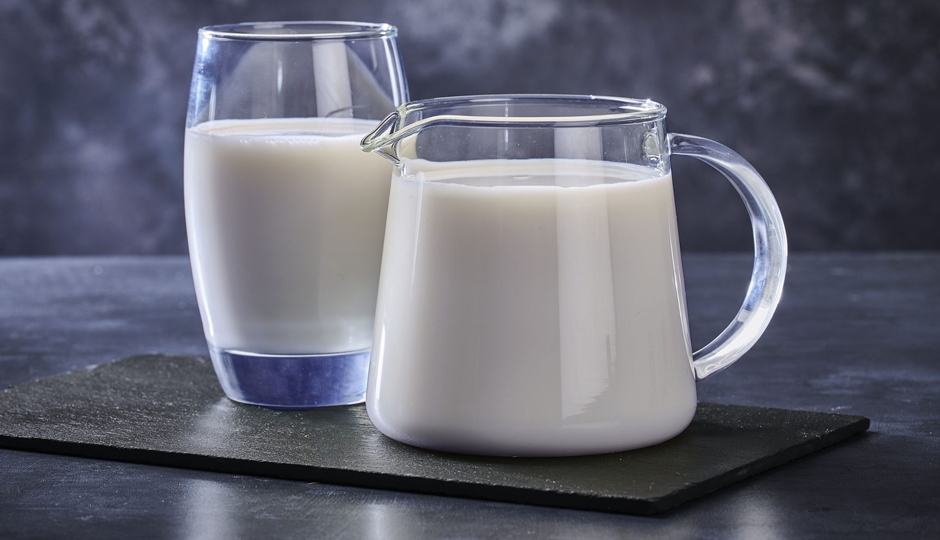- Home›
- Healthy Living›
- 6 Signs You Are Suffering From Fatty Liver Disease
6 Signs You Are Suffering From Fatty Liver Disease
By: Jhanvi Gupta Wed, 04 June 2025 10:11:23

The liver is the second largest organ in the human body and plays a vital role in maintaining overall health. One of its key functions is to break down fats from the food we eat and store them in adipose (fat) tissues.
Additionally, the liver helps regulate blood sugar levels. Because of its many essential roles, keeping the liver healthy is crucial.
Naturally, the liver stores a small amount of fat. However, when this fat builds up excessively, it can lead to serious health problems.
When we consume food, insulin converts the sugar into glucose. The liver then absorbs this glucose and stores it as glycogen. Once glycogen storage is full, the excess is converted into fatty acids and stored in fat tissues. While most of the fat is stored in adipose tissue, some remains in the liver, which can lead to fatty liver disease—a condition closely linked to type 2 diabetes.
Types of Fatty Liver Disease
Fatty liver disease is generally categorized into two types:
1. Non-Alcoholic Fatty Liver Disease (NAFLD):
This type affects individuals who consume little or no alcohol. It is often hereditary and typically occurs in people who are middle-aged or obese. It happens when the liver cannot break down fat effectively, resulting in fat accumulation within the liver.
2. Alcoholic Fatty Liver Disease (AFLD):
This form of the disease affects people who consume alcohol heavily. Research suggests that genetic factors may also play a role, including the presence of a gene linked to alcohol cravings, which can lead to excessive drinking and liver damage.
Understanding the root causes of fatty liver disease is essential to managing and preventing it. Below are some common symptoms associated with the condition:

# Fatigue:
When the liver isn’t functioning properly, the body diverts more blood to it in compensation, leading to persistent tiredness and low energy levels.
# Loss of Appetite:
An overloaded liver may interfere with hunger signals in the brain, causing a reduced desire to eat.
# Unintended Weight Loss:
Often resulting from decreased appetite and the liver’s impaired ability to process fats and carbohydrates.
# Poor Concentration or ‘Mental Fog’:
Toxic substances that are not filtered properly by the liver can affect brain function, leading to cloudy thinking.

# Dark Patches on the Skin:
As the liver fails to filter fats and waste products effectively, these substances may contribute to skin discoloration.

# Abdominal Pain:
Located in the lower right side of the abdomen, the liver may swell due to fat accumulation, resulting in discomfort or pain.





